Currently, investors, companies, procurement professionals, and regulators are reliant on a life cycle industry with datasets still in development. Too often firms rely on large, compiled LCI databases that are likely incomplete or not purpose fit for the project, or imprecise secondary information based on industry averages. The results are highly variable (+/- 400 to 1,000%).
The Environmental Genome’s datasets provide the most actionable and accurate information available for Life Cycle Assessment – used worldwide to study the environmental and economic impacts of products and services throughout the product life cycle from raw materials acquisition, through processing, manufacturing, packaging, distribution, use, and disposal.
Measuring emissions in complex supply chains, within and beyond an organization’s direct control (Scopes 1, 2 and 3), requires additional information and effort. This is the strength of our datasets – documented with detailed process descriptions, process flow diagrams, and energy by process units. Paired with our ability to develop information to fill data gaps and our advanced modeling methodologies, we provide results at a higher level of resolution. That enables a deeper analysis and the measurement of impacts throughout the supply chain.


